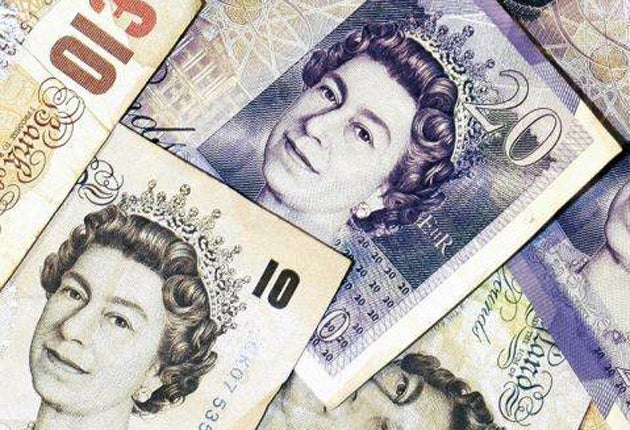The Timeline: British currency

8th Century: Sterling evolves
Following the lead of Charlemagne, the Anglo-Saxon King Offa of Mercia was responsible for introducing the silver penny. 240 pennies weighed one pound, while a shilling was 12 pennies. The penny swiftly spread throughout the other Anglo-Saxon kingdoms, becoming the standard coin of what was later England. Pennies were initially struck from fine silver. At the time its introduction, one weighed 22.5 "troy grains" of fine silver , the equivalent to about 1.5 g.
12th Century: The rise of credit
During the 12th century, the Crown began using an early version credit in the form of a tally stick. A length of wood would be marked with multiple notches, each one indicating various amounts of tax owed to the crown. At the same time, continental traders were increasingly using "bills of exchange" – pieces of paper symbolising a buyer's promise to make a payment. In England, bills of exchange became an mainstream form of credit during last quarter of the 18th century and a precursor to today's checks and credit cards.
1816: The Gold Standard
In 1663, a new gold coinage was introduced: the guinea. Fixed in weight, the coins value relative to silver fluctuated considerably. The result was a mismatch in the value of gold in Britain and the continent, with silver flowing out of the country and gold flooding in. In 1816, stability returned when the gold standard was officially adopted.
1971: Decimalisation
Though Lord Wrottesley had attempted to introduce decimalisation as early as 1824, the UK had long resisted shifting to a system more compatible with their international companions. In 1961 the success of decimalisation in South Africa prompted the Government to set up the a committee looking into the process. Commencing with "D-day" on 15 February 1971 - 40 years ago - the system of pounds, shillings and pence was replaced.
2001: The Euro
In 2001, in the wake of 1992's Maastrich Treaty, the Euro was introduced. From 2002, new notes and coins went into circulation. Since then, debate has raged as to whether the UK should adopt the Euro. Gordon Brown ruled out membership "for the foreseeable future" in 2007 and subsequent troubles in Eurozone states suggest the pound is here to stay for the time being.
Join our commenting forum
Join thought-provoking conversations, follow other Independent readers and see their replies
Comments
Bookmark popover
Removed from bookmarks